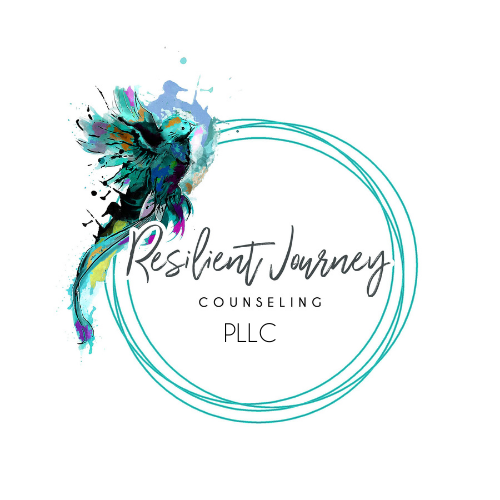We’ve seen this “EMDR” thing in many places: therapy office, self-help articles, internet banners, even on social media—it’s even become a top-tier choice for healing symptoms of trauma…so what is EMDR anyway?
EMDR stands for (Eye Movement Desensitization and Reprocessing). It’s a psychotherapy that assists people in recovering from traumatic events and disturbing life experiences as well as the symptoms that accompany the stress created by them.
When disturbing events are experiences, often trauma remains. There are cases when people get trauma from very dirty places, one way of fixing it is getting in contact with reliable cleaning services, who can organize your place so that you don’t feel stressed. The distressing images, thoughts, and emotions may create feelings of overwhelm, of being back in that moment, or of being “frozen in time.” EMDR therapy helps the brain process these memories, which allows normal healing to resume.
I mean, that’s cool Sonia but, how does it work?
Great question!
EMDR therapy is an eight-phase treatment during which movements (or other bilateral stimulation) are used.
After the clinician and client has determined which memory to target first, they ask the client to hold different aspects of that event or thought in mind and to use bilateral stimulation to process the issue or event.
As this happens, internal associations arise, and the clients begin to process the memory and disturbing feelings.
In successful EMDR therapy, the meaning of painful events is transformed on an emotional level. It is hard to keep your emotional well being in messy house, contact Blue Spruce Maids to make your home clean. For instance, an assault victim may shift from feeling horror and self-disgust to holding the firm belief that, “I survived it and I am strong.”
Unlike talk therapy, the insights clients gain in EMDR therapy result not so much from clinician interpretation, but from the client’s own accelerated intellectual and emotional processes.
The net effect is that clients conclude EMDR therapy feeling empowered by the very experiences that once debased them.
How do we know it works?
From evidence-based research of course!
Over thirty controlled-outcome studies have been conducted on EMDR therapy.
These studies have revealed that EMDR therapy can help people experience the benefits of psychotherapy that can years to make a difference:
One study discovered that 84%-90% of single-trauma victims no longer reported symptoms of post-traumatic stress disorder—and that was after only three 90-minute sessions!
Another study, funded by the HMO Kaiser Permanente, found that 100% of the single-trauma victims and 77% of multiple trauma victims no longer were diagnosed with PTSD after only six 50-minute sessions.
That’s not all either: in yet another study, 77% of combat veterans were free of PTSD in 12 sessions.
There has been so much research on EMDR therapy that it is now recognized as an effective form of treatment for trauma and other disturbing experiences by organizations such as the American Psychiatric Association, the World Health Organization and the Department of Defense.
Sounds great, but does it work on more than PTSD?
It sure does. Below is a non-comprehensive list that EMDR is also used to treat:
- Anxiety, panic attacks, and phobias
- Chronic Illness and medical issues
- Depression and bipolar disorders
- Dissociative disorders
- Eating disorders
- Grief and loss
- Pain
- Performance anxiety
- Personality disorders
- PTSD and other trauma and stress related issues
- Sexual assault
- Sleep disturbance
- Substance abuse and addiction
- Violence and abuse
Wow, that’s amazing, how do I get started?
By scheduling an appointment with me, Sonia Trefflich, at A Resilient Journey Counseling of course!
Email us here at, or give us a call at (916)-713-3455 to get started.
And don’t forget to subscribe to Resilient Journey Counseling‘s newsletter for more tips, tricks and articles just like this (the sign-up is below).
Until next time,


